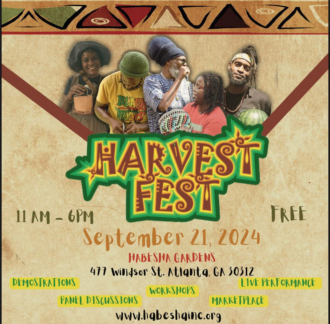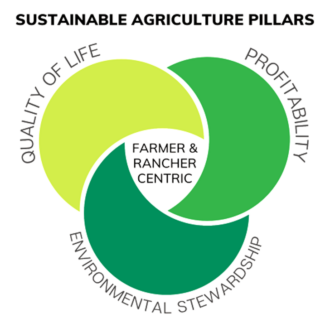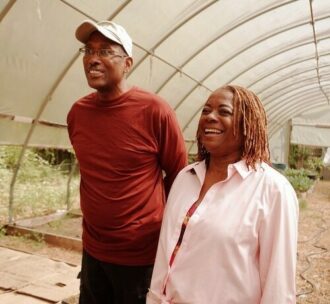Resources Available to Troubleshoot Farm Equipment
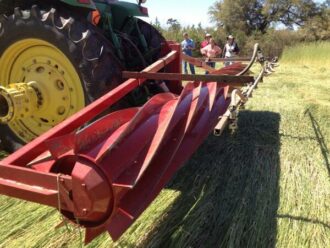
If your tractor broke down in the middle of planting, would you know how to diagnose the problem and fix it?
For many small and mid-scale farmers, maintaining equipment, troubleshooting mechanical problems, and knowing when to use the right tool can be more challenging than solving crop production issues.
Through a $45,320 Education Grant, Georgia non-profit Georgia Organics hosted a series of workshops and developed several instructional videos, farm field days, and “how-to” publications to help fill critical knowledge gaps in farm tool use and selection, and farm production equipment maintenance. The resources are intended for small direct-to-consumer market farms (two and four cycle engines and hand tools) to larger, more mid-scale operations (ride-on tractors and attachments).
Over the course of the project, Georgia Organics offered Farmer Field Days on four diverse vegetable operations of varying scales, scheduled at pivotal times during the growing season.
Additionally, a Farmer Toolkit Video Series was developed covering the following topics: Long-Handled Tool Selection; Building Beds with Small Engine Implements; Favorite Tractor Implements for Transplanting; and But First, Tractor Safety.
Available Educational Publications
A fact sheet on tractor implements and their functions;
Tractor implement and soil preparation handout;
A decision-making tool for choosing the right tools for the farm;
Small engine troubleshooting guide.
The educational publications are also available in Spanish.
State Contacts
SARE State Coordinators are vital for expanding sustainable agriculture training for Extension, NRCS, and other agricultural professionals, who will then help producers transition to a more sustainable agriculture.
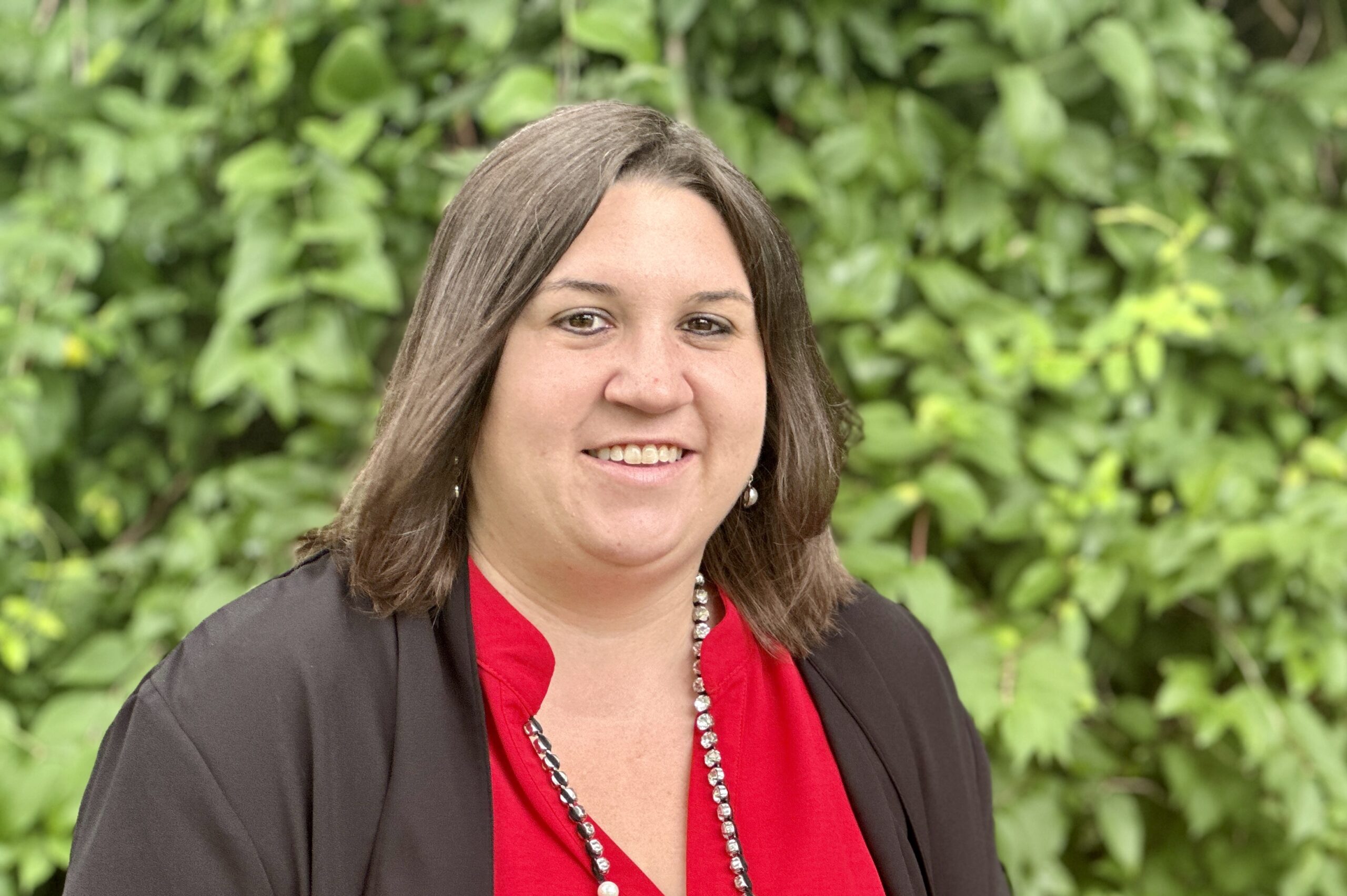
Bethany Harris

Cedric Ogden

Whitney Ottinger
SARE IN GEORGIA
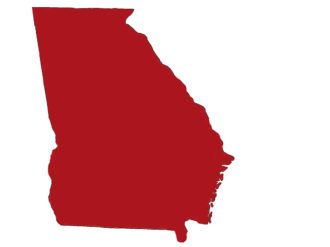
The Georgia SARE program is facilitated through a joint collaboration between the University of Georgia and Fort Valley State University. Georgia SARE partners with researchers, extension faculty, producers, and community organizers to research and implement the best science-based practices available in all aspect's of Georgia's agricultural system.
Recent News From Georgia
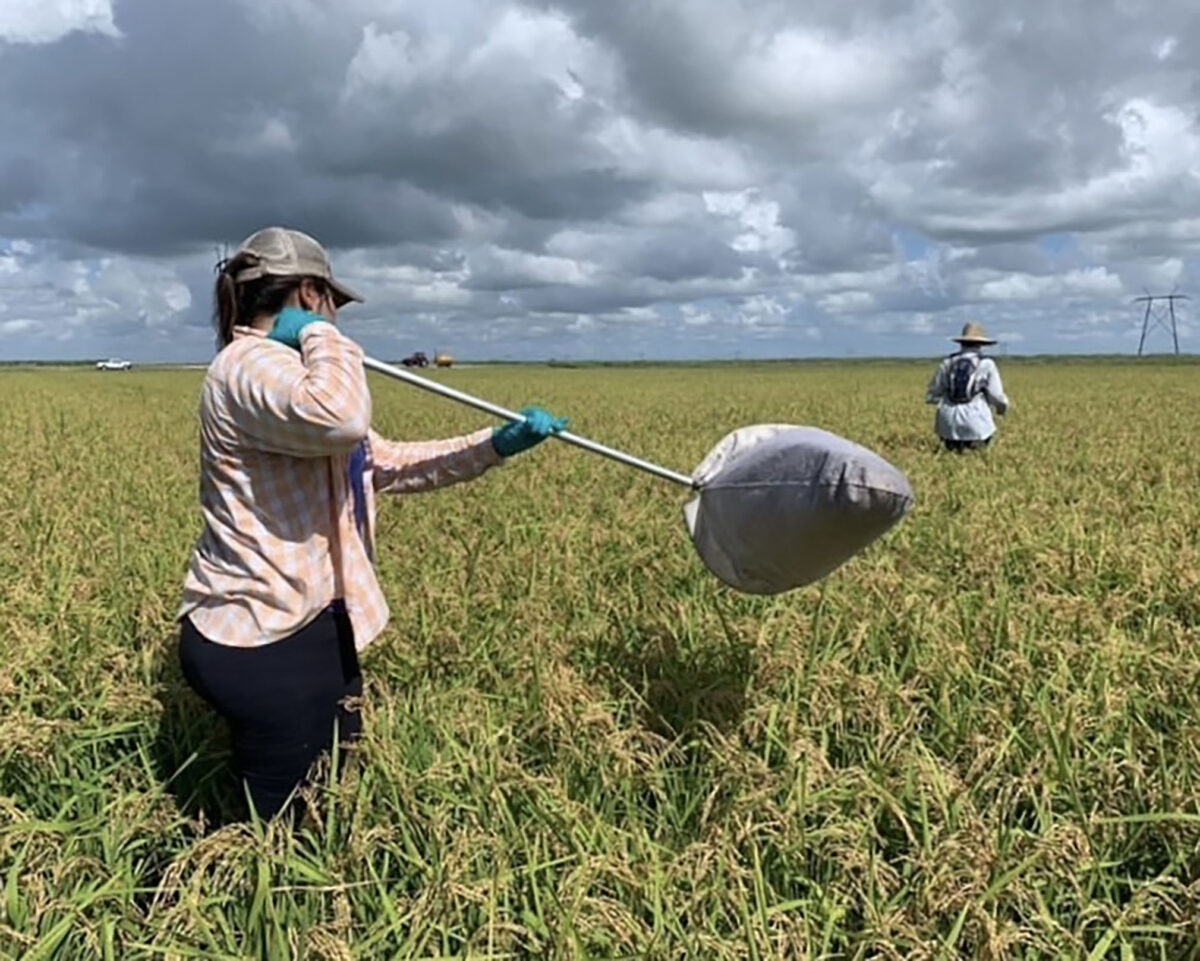
Graduate Student Sustainable Agriculture Projects for FY2025 Announced
GRIFFIN, Georgia – The Southern Sustainable Agriculture Research & Education (SSARE) program has announced the funded projects for the 2025 Graduate Student Grants program. The SSARE Administrative Council recently funded 18 projects totaling $386,238. The Graduate Student Grants program is one of the few sustainable agriculture research funding opportunities open to Master’s and PhD students […]
